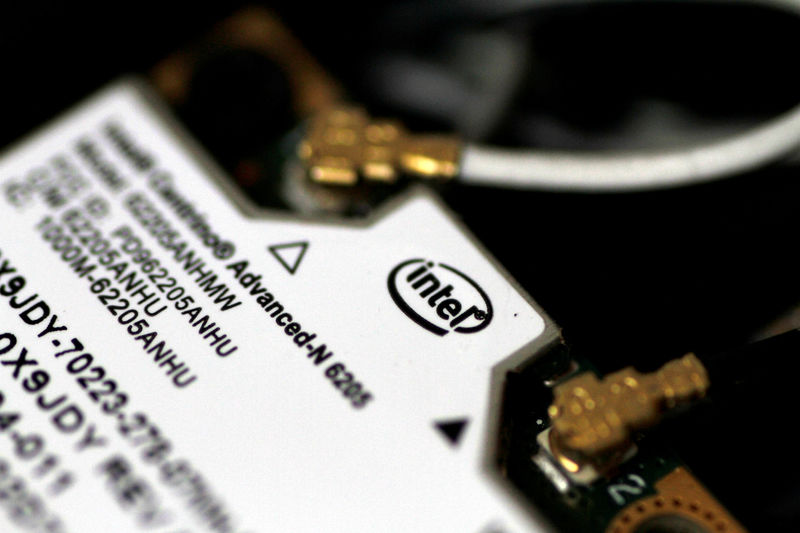Intel Corporation (NASDAQ:INTC) is set to launch a chip capable of running generative artificial intelligence (AI) chatbots on a laptop, eliminating the need for cloud data centres.
The company showcased the new technology during the recent software developer conference, highlighting its ability to operate ChatGPT-like applications without the need for internet connectivity.
The new chip, named 'Meteor Lake', integrates AI data-processing functionalities and will be available in December.
This comes as part of Intel's broader strategy to regain prominence in the competitive chip manufacturing sector.
What an exciting day it was at #IntelInnovation 2023 as @PGelsinger unveiled amazing #AI-powered innovations for the #Siliconomy. Stay tuned for @GregL_Intel’s Day 2 Keynote tomorrow! ???????????? Watch the replay here: https://t.co/uZH1YWb9rY pic.twitter.com/ksMjG9f9Zn— Intel (@intel) September 20, 2023
Microsoft (NASDAQ:MSFT) Copilot compatible
Intel CEO Pat Gelsinger noted that Microsoft's 'Copilot' AI assistant will also be compatible with Intel-based personal computers.
He described the innovation as a "sea change moment in tech innovation".
The company is also gearing up to launch its successor chip, 'Arrow Lake', next year.
Intel aims to rival Taiwan Semiconductor Manufacturing Co in manufacturing technology, a position it once held and is striving to reclaim.
At #IntelInnovation @PGelsinger explained how #AI is changing everything and ushering in the AI PC generation. It will fundamentally transform the PC experience for every person on the planet. ???????? https://t.co/y0PwS4nHAW pic.twitter.com/8et1SJ3YQm— Intel (@intel) September 19, 2023
Beyond consumer laptops
Intel's focus on AI goes beyond consumer laptops.
The company is constructing a new supercomputer for Stability AI, a startup specialising in image-generating software.
Additionally, Alibaba (NYSE:BABA) Group Holdings is utilising Intel's newest central processors for chatbot technology.
Transformative era in AI technology
The announcement sets the stage for a potentially transformative era in AI technology, one in which data processing could become more personalised and decentralised.
Intel believes that its new software called OpenVINO will facilitate this transition, promising faster chatbot responses without data leaving the device.
By making AI more accessible and private, Intel not only aims to claim a larger market share in chips but also hopes to change the landscape of AI as we know it.
